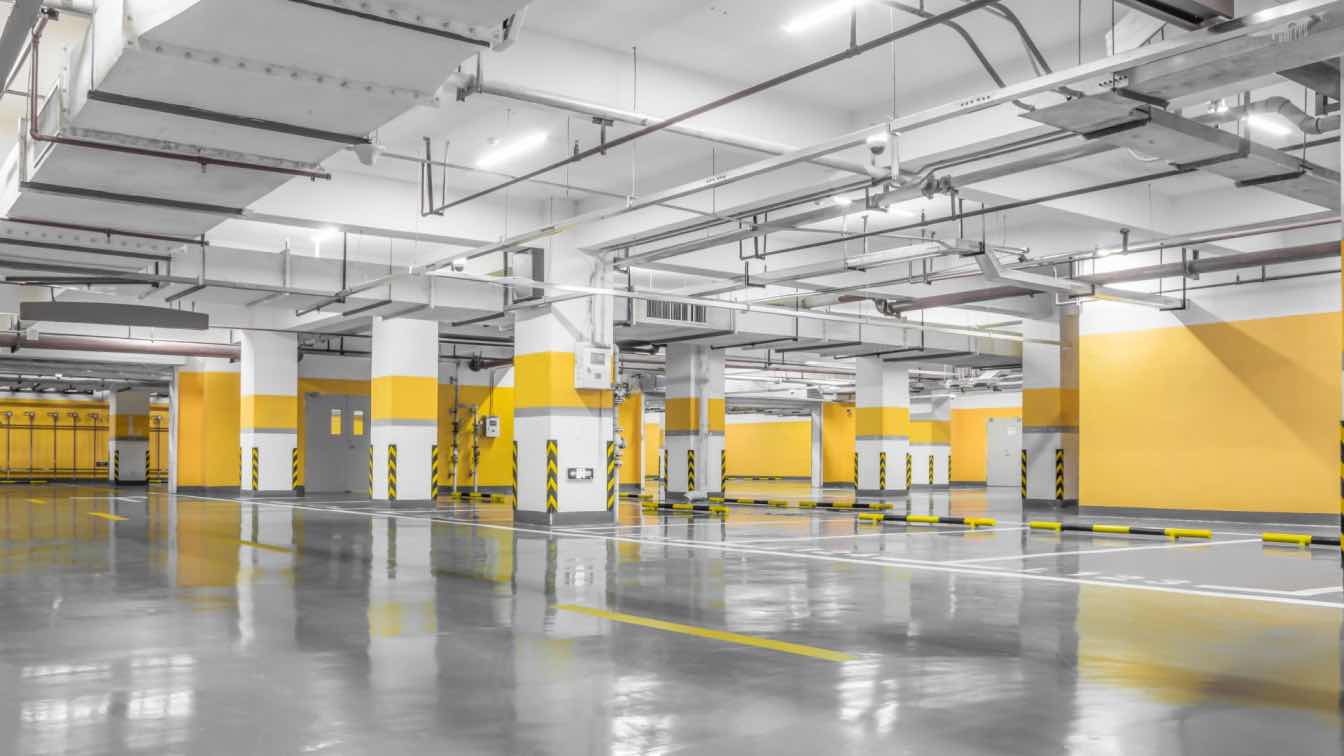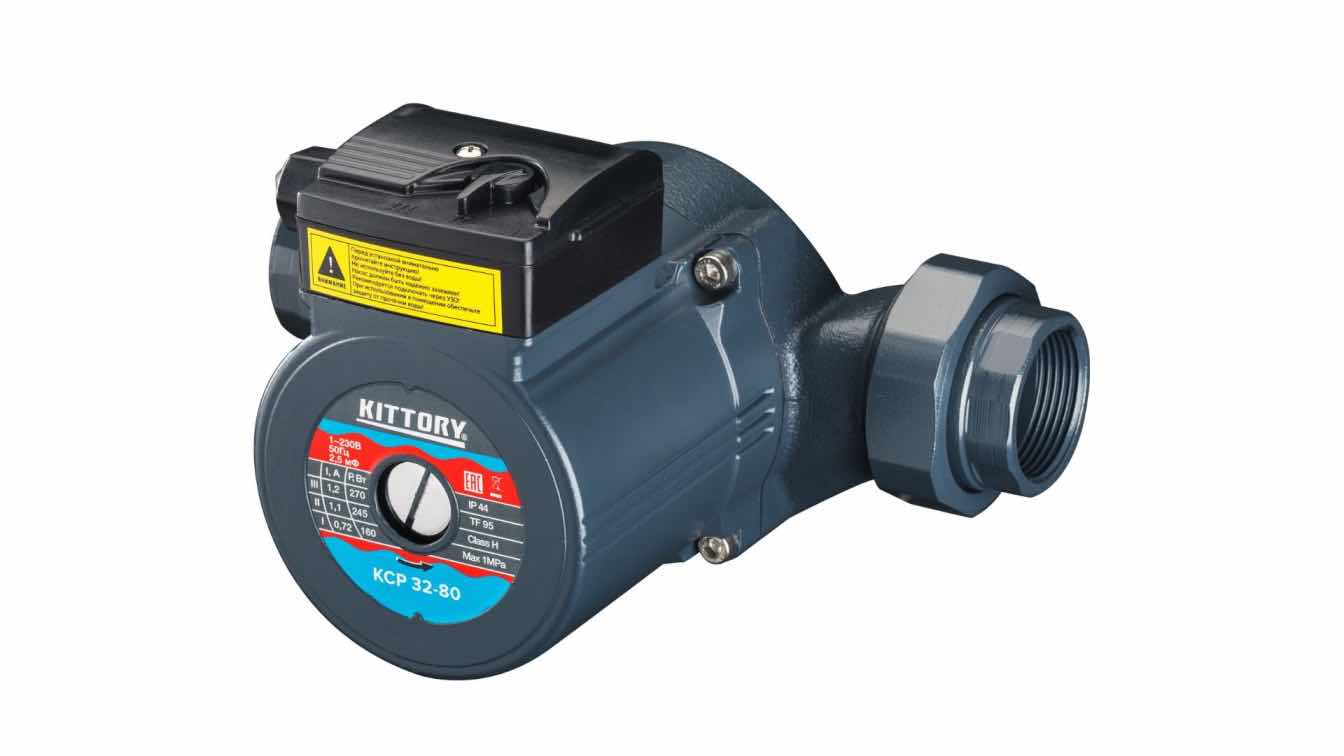Epoxy flooring has rapidly gained popularity due to its durability, aesthetic appeal, and versatility. Whether you're looking to upgrade your garage, basement, or commercial space, epoxy flooring offers an array of benefits that make it an excellent choice. In this comprehensive guide, we'll delve into what epoxy flooring is, its advantages, installation process, maintenance tips, and why opting for professional Atlanta epoxy floor coating can make all the difference for your flooring needs within the peach state.
What is Epoxy Flooring?
Epoxy flooring is a type of synthetic resin floor system that is laid on top of concrete substrates as a form of protection and decoration. It's created through a mixture of resin and hardener, which, when combined, form a rigid plastic material. This material is strong, durable, and bonds exceptionally well to its substrate, making it a popular choice for both residential and commercial settings.
Key Components
1. **Epoxy Resin**: This is the main ingredient that gives the flooring its strength and durability.
2. **Hardener**: This component helps in curing the resin and turning it into a solid state.
3. **Additives**: These can include pigments, flakes, and other materials that add color, texture, and additional properties to the flooring.
Benefits of Epoxy Flooring
Epoxy flooring is not just about looks; it brings a plethora of practical benefits to the table. Here are some reasons why you might consider it for your next flooring project:
1. Durability
Epoxy flooring is incredibly durable. It can withstand heavy traffic, impacts, and abrasions, making it ideal for high-use areas like garages, warehouses, and industrial spaces. Unlike traditional flooring options, epoxy doesn't crack or peel easily.
2. Easy Maintenance
Maintaining an epoxy floor is a breeze. Its seamless surface doesn't trap dirt, dust, or grime, making it easy to clean. Regular sweeping and occasional mopping with a mild detergent are usually all that's needed to keep it looking new.
3. Aesthetic Appeal
One of the standout features of epoxy flooring is its visual appeal. With a variety of colors, patterns, and finishes available, you can customize the look to match your style and space. From metallic finishes to decorative flakes, the possibilities are endless.
4. Chemical Resistance
Epoxy floors are resistant to a wide range of chemicals, including oils, acids, and solvents. This makes them an excellent choice for commercial and industrial environments where such substances are frequently present.
5. Safety
Epoxy flooring can be enhanced with anti-slip additives to provide a safer walking surface. This is particularly useful in areas prone to spills or where safety is a primary concern.
Installation Process
While epoxy flooring offers many benefits, achieving a flawless finish requires a proper installation process. Here's a step-by-step overview of how it's done:
1. Surface Preparation
The first step in the installation process is surface preparation. This involves cleaning the concrete substrate thoroughly and repairing any cracks or damages. A clean and smooth surface is crucial for the epoxy to bond effectively.
2. Priming
Once the surface is prepared, a primer is applied. The primer helps in sealing the concrete and provides a base for the epoxy to adhere to. It also enhances the durability and longevity of the flooring.
3. Mixing and Application
The epoxy resin and hardener are mixed together according to the manufacturer's instructions. The mixture is then applied to the floor using rollers or squeegees. It's important to work quickly as the epoxy starts to harden once mixed.
4. Adding Decorative Elements
If you want to add decorative flakes or other elements, they are sprinkled onto the wet epoxy. This step adds texture and visual interest to the floor.
5. Curing
After the epoxy is applied, it needs time to cure. The curing time can vary depending on the type of epoxy used and the environmental conditions. It's essential to allow the floor to cure completely before subjecting it to any traffic or heavy use.
Why Choose Professional Epoxy Floor Coating?
While DIY epoxy flooring kits are available, there are significant advantages to hiring a professional for the job, especially in a city like Atlanta.
1. Expertise and Experience
Professional installers have the expertise and experience to handle all aspects of the installation process. They understand the intricacies involved and can ensure a flawless finish.
2. High-Quality Materials
Professionals have access to high-quality materials that may not be available in DIY kits. This means your floor will not only look better but also last longer.
3. Time and Convenience
Installing epoxy flooring can be time-consuming and labor-intensive. Hiring a professional saves you time and effort, allowing you to focus on other tasks while they take care of the installation.
4. Customization Options
Professionals can offer a wider range of customization options, from colors and patterns to textures and finishes. This ensures that your epoxy floor is truly unique and tailored to your preferences.
Maintenance Tips for Epoxy Flooring
To keep your epoxy floor looking its best and extend its lifespan, follow these maintenance tips:
1. Regular Cleaning
Sweep or vacuum the floor regularly to remove dirt and debris. For deeper cleaning, mop the floor with a solution of water and a mild detergent. Avoid using harsh chemicals or abrasive cleaners that can damage the surface.
2. Address Spills Promptly
While epoxy floors are resistant to many chemicals, it's still a good idea to clean up spills promptly. This prevents any potential staining or damage to the floor.
3. Protect High-Traffic Areas
Consider using mats or rugs in high-traffic areas to reduce wear and tear. This is especially important in commercial or industrial settings where heavy machinery or equipment is used.
4. Inspect and Repair
Regularly inspect your epoxy floor for any signs of damage or wear. If you notice any cracks or chips, address them promptly to prevent further damage.
Epoxy Flooring Trends and Innovations
The world of epoxy flooring is constantly evolving, with new trends and innovations emerging regularly. Here are some of the latest developments to keep an eye on:
1. Metallic Epoxy Floors
Metallic epoxy floors have gained popularity for their unique, three-dimensional appearance. These floors create a stunning visual effect that resembles molten metal, making them a favorite for modern, high-end spaces.
2. Eco-Friendly Options
As sustainability becomes increasingly important, eco-friendly epoxy flooring options are on the rise. These products use low-VOC (volatile organic compounds) formulations that are better for the environment and indoor air quality.
3. Epoxy Terrazzo
Epoxy terrazzo combines the beauty of traditional terrazzo with the durability and ease of epoxy. This option allows for intricate designs and patterns, making it a popular choice for decorative flooring.
4. Anti-Static Epoxy
In environments where static electricity is a concern, such as electronics manufacturing or data centers, anti-static epoxy flooring provides a safe and effective solution.
Conclusion
Epoxy flooring is a versatile and durable choice for a wide range of applications. From its aesthetic appeal to its practical benefits, it's no wonder that more and more people are opting for this innovative flooring solution. Whether you're considering a DIY project or looking to hire a professional epoxy floor coating service, understanding the basics of epoxy flooring will help you make an informed decision.
By choosing epoxy flooring, you're investing in a solution that offers longevity, easy maintenance, and a variety of customization options. With proper installation and care, your epoxy floor can provide years of service while enhancing the look and functionality of your space.
If you're ready to transform your floor, consider reaching out to a professional for expert advice and installation. With their help, you can achieve a beautiful, durable, and unique epoxy floor that meets all your needs and preferences.





